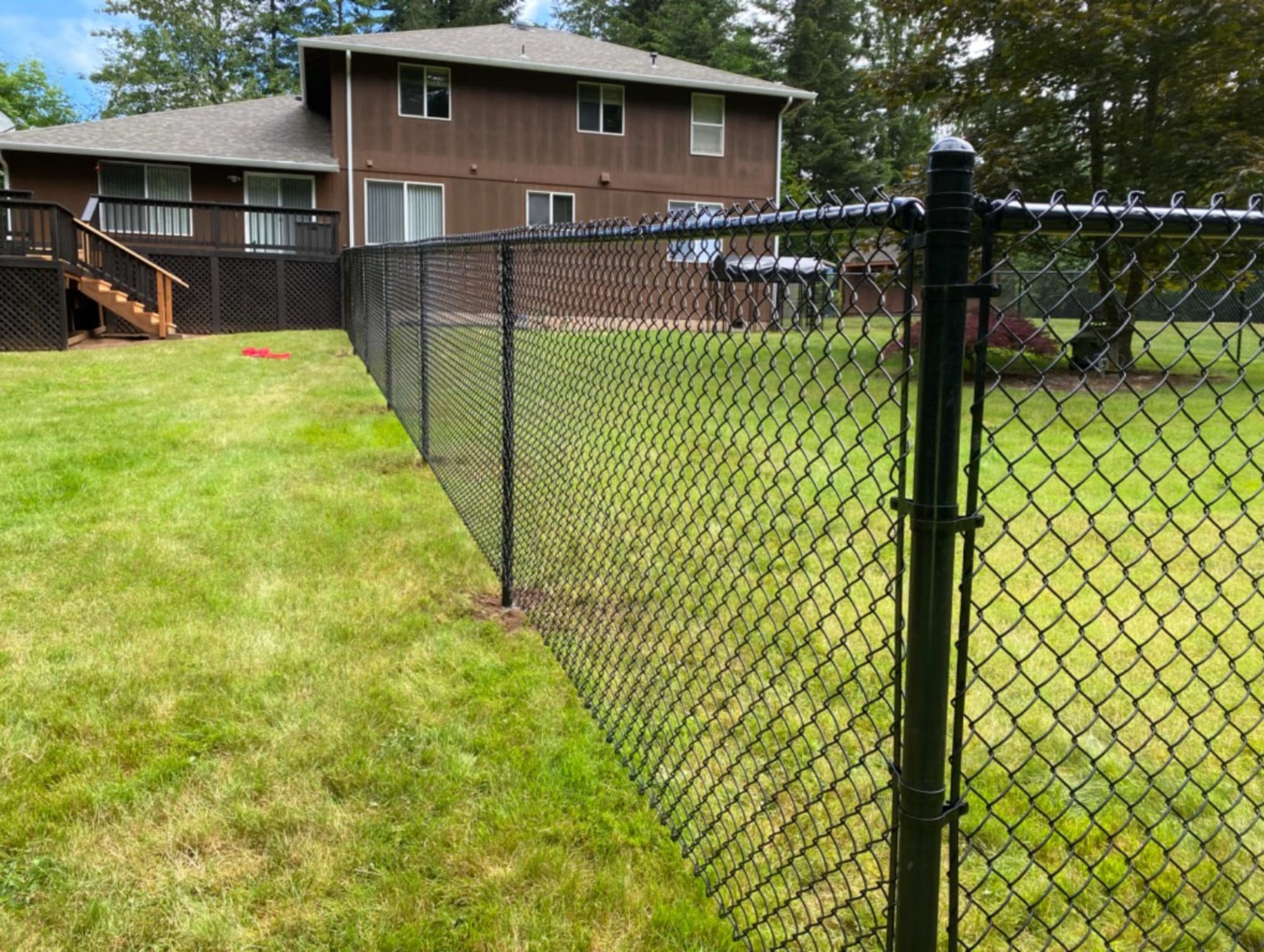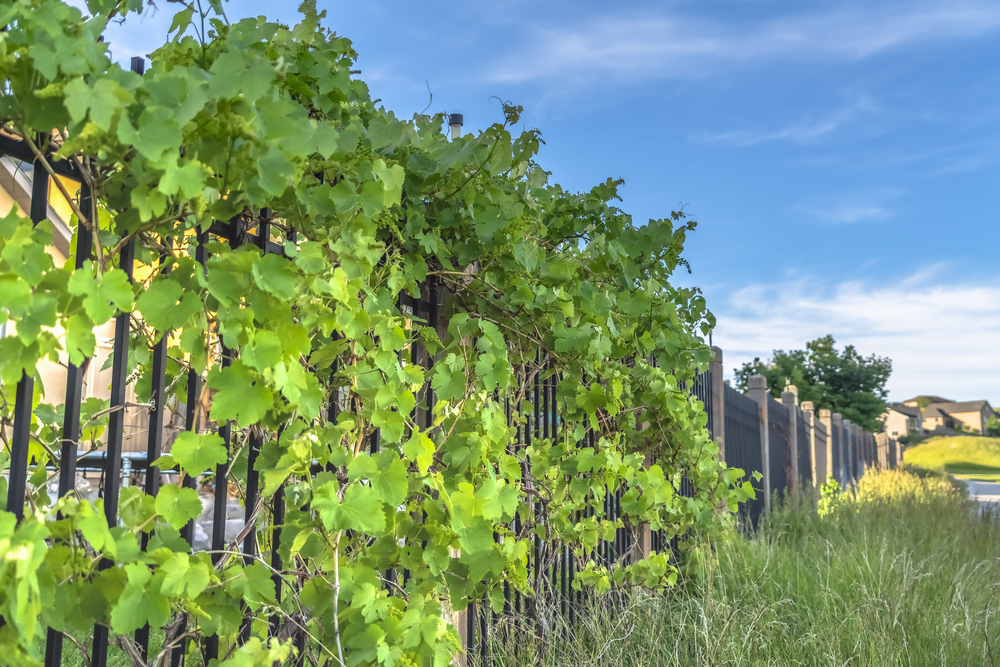All Categories
Featured

Picking the right secure fencing product is necessary for achieving the balance of longevity, visual appeals, and performance that fits your building. Timber, plastic, and aluminum are popular selections, each with distinct attributes that satisfy certain needs. Below's a comprehensive take a look at the benefits and disadvantages of these 3 products.
Timber Secure Fencing. Pros:. Ageless Appeal: Wood supplies an all-natural, classic appearance that enhances numerous architectural designs. Adjustable: It can be repainted or discolored in a variety of shades and styles. Budget friendly: Wood fences are often more affordable ahead of time than vinyl or light weight aluminum. Eco-Friendly: As a renewable energy, timber is naturally degradable and lasting when sourced responsibly. Cons:. Maintenance-Intensive: Calls for routine discoloration, painting, or securing to shield versus weather and insects. Shorter Life-span: Depending on the type of wood and climate, it commonly lasts 10-15 years. Vulnerability to Damages: Prone to rotting, bending, and termite damages without correct treatment. Wood is ideal for home owners that value aesthetics and agree to invest time and effort in maintenance to extend its life.
Plastic Fence. Pros:. Resilient: Resistant to insects, rot, and weather, vinyl maintains its structure in harsh conditions. Reduced Upkeep: Calls for little upkeep beyond occasional cleansing. Lengthy Life expectancy: Vinyl can last 20-30 years without significant wear or damages. Versatile Layouts: Available in various shades, textures, and designs, consisting of choices that imitate wood. Disadvantages:. Costly Setup: Vinyl fencings are more costly to install contrasted to timber. Brittle in Winter: Vinyl can fracture in severe cold environments. Difficult to Repair service: If damaged, entire areas may need substitute, which can be testing to match. Vinyl fencing is a terrific choice for those focusing on durability and marginal maintenance, also if it comes with a higher in advance cost.

Aluminum Secure Fencing. Pros:. Rust-Resistant: Light weight aluminum does not rust, making it ideal for humid or damp areas. Lightweight however Solid: Deals toughness without being extremely hefty, which simplifies installation. Low Maintenance: Needs little bit greater than cleansing and periodic repainting. Durability: Light weight aluminum fences can last for decades without substantial wear and tear. Sophisticated Styles: Frequently used for attractive objectives, aluminum adds elegance to any kind of residential or commercial property. Disadvantages:. High Initial Expense: Light weight aluminum fences are among the a lot more expensive alternatives. Limited Personal privacy: Frequently created with open areas, they do not obstruct views or noise. At risk to Damages: While strong, light weight aluminum can be dented or curved with heavy impact. Light weight aluminum is ideal matched for those who want a long-lasting, fashionable fence and don't require complete personal privacy.
Making the Right Option. Each material has its strengths and weaknesses:

Wood is best for eco-conscious purchasers and conventional aesthetics that do not mind upkeep. Vinyl functions for homeowners looking for a weather-resistant, low-maintenance option. Aluminum is a long lasting, attractive option for those that desire beauty and long life. Consider your top priorities-- whether it's expense, appearance, maintenance, or privacy-- and seek advice from a secure fencing expert to select the material that ideal meets your needs. A well-selected fencing will improve your residential or commercial property for years to find.
Latest Posts
Explore WyHy Federal Credit Union – Low Rates for Members
Published en
1 min read
Discover Montclare Auto Repair’s Leading Auto Repairs and Why Drivers Rely On Them
Published en
1 min read
Explore Your Financial Partner at WyHy – Wyoming’s Best Banking Choice for Your Money Goals
Published en
1 min read
More
Latest Posts
Explore WyHy Federal Credit Union – Low Rates for Members
Published May 28, 25
1 min read
Discover Montclare Auto Repair’s Leading Auto Repairs and Why Drivers Rely On Them
Published May 27, 25
1 min read
Explore Your Financial Partner at WyHy – Wyoming’s Best Banking Choice for Your Money Goals
Published May 24, 25
1 min read